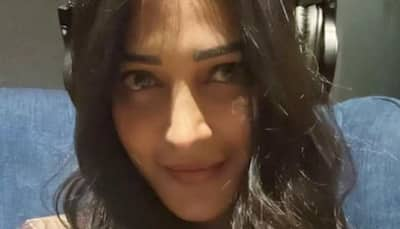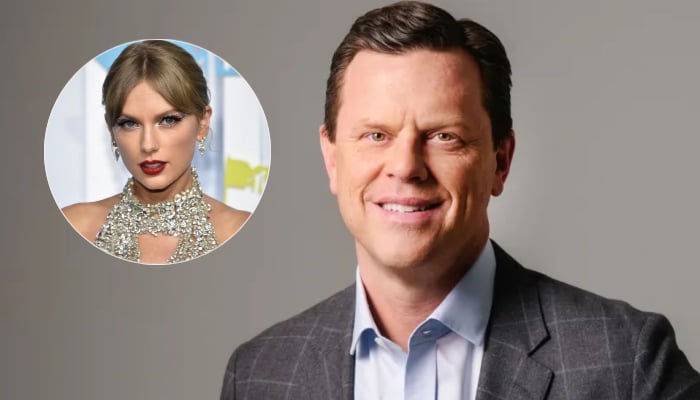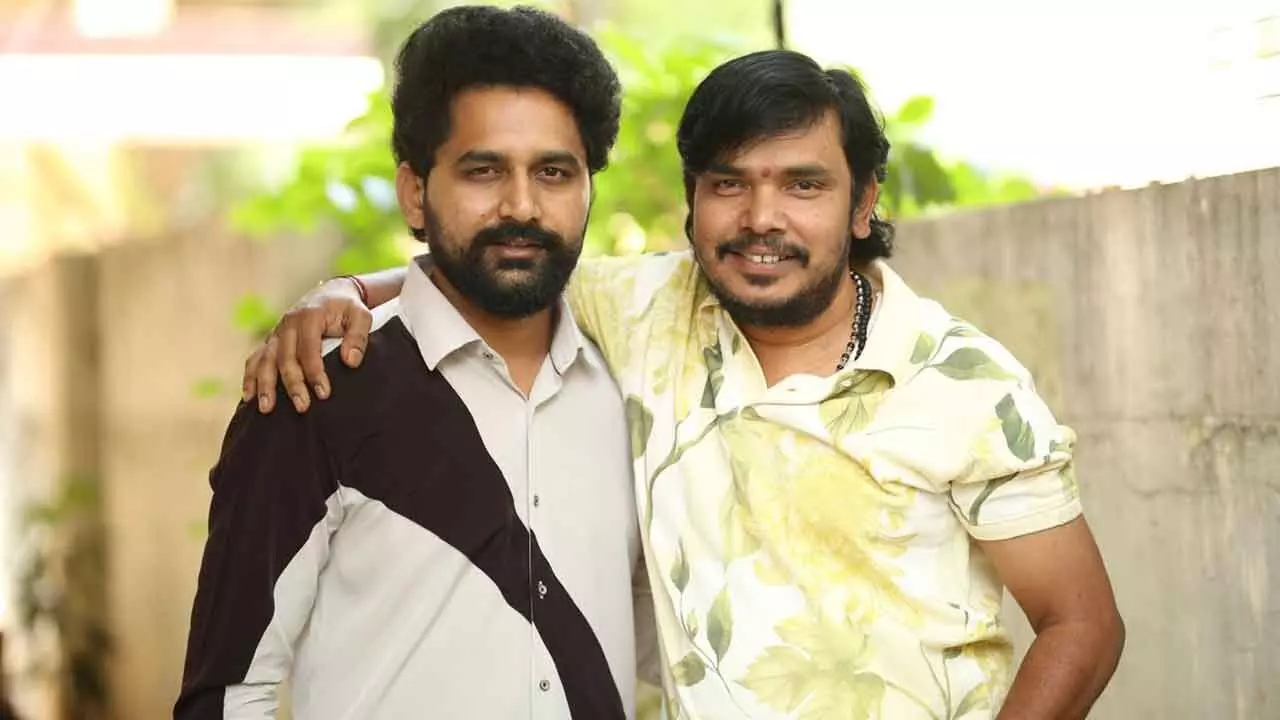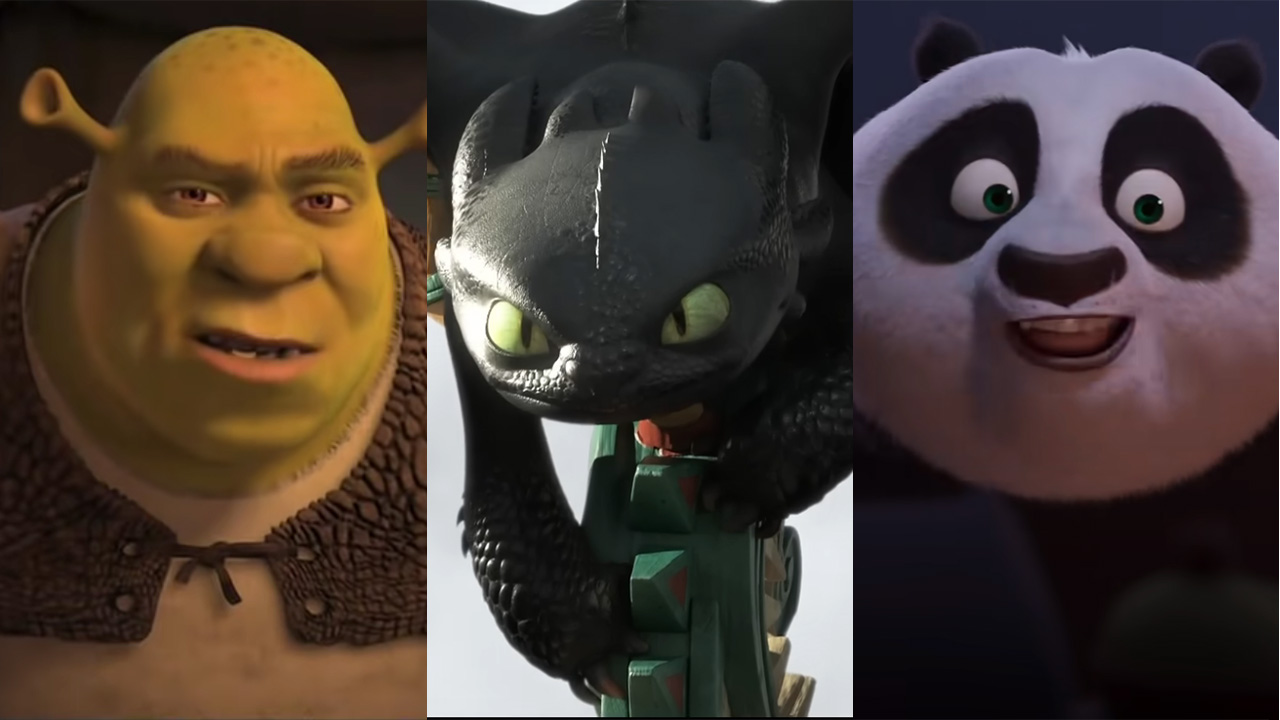Remember the early days of streaming? It was a time of abundance and flexibility . Viewers who’d been captive to the practices of broadcast networks and pay-TV services threw off the shackles and relished a smorgasbord of new content. Pioneering disrupter Netflix offered entire seasons of shows on demand and ad-free.
Liberated from the requirements of advertisers and the regulations governing programming in particular timeslots, the fledgling services offered distinctly different options. The dialogue became more explicit and the subject matter more provocative; series and episode lengths varied. And the newcomers spent up big on content to establish their brands and woo subscribers.

But just a decade later, the landscape has radically changed. We’re now living in a time of contraction and even conservatism with more ads, fewer binge drops, and series that feel more and more familiar. What happened? Uzo Aduba (front) as detective Cordelia Cupp, with other cast members in The Residence.
Credit: Netflix As the streaming space has crowded with competitors, the providers have discovered that their early projections were unduly optimistic. Subscriptions have stagnated or declined – a spiral exacerbated by the cost-of-living crisis – and companies have cut back on commissions, culled or sold their libraries, introduced ad tiers and tried to prevent people from piggybacking on a single account. Now the once-proud disruptors are increasingly adopting the strategies that characterised broadcast networks, institutions that they previously regarded with derision as dinosaurs.
Among those practices are weekly episode drops that create the kind of “appointment” viewing that can keep fans hooked over months, rather than a night or a weekend. Today, only Netflix habitually offers entire seasons at the outset, and even then – as with Bridgerton – it might break them in two. They’re also venturing into territory that had been the exclusive domain of broadcast networks and cable channels: live sport , reality and game shows .
And they’re changing their approach to the kind of dramas that they want to produce. Thankfully, there’s still space for inventive offerings such as Adolescence and The Bear . The streamers still want prestige, awards and the kind of attention-grabbing productions that heritage networks don’t want, are too timid to commission or simply can’t afford.
But they’re also seeking something more recognisable, almost akin to TV’s equivalent of comfort food, as the swelling contingent of what could be described as bread-and-butter shows attests. These come in familiar formats – cops, docs, private eyes, legal eagles – and they’re built to last longer than six or eight impactful episodes. A couple of canny, high-profile early hires by Netflix are already on board: Shonda Rhimes’ company with The Residence , created by Paul William Davies, and Ryan Murphy’s Doctor Odyssey (Disney+), which he created with Jon Robin Baitz and Joe Baken.
The former introduces Cordelia Cupp (Uzo Aduba), a gifted, idiosyncratic detective tapped to investigate a suspicious death in the White House. Playful and upbeat, it’s the kind of bloodless crime caper that’s more like a puzzle than a disturbing exploration of a violent death. References to Agatha Christie and Cluedo are sprinkled throughout, and Cupp – a brilliant eccentric who solves problems by spotting things others miss – is a type of protagonist that has become increasingly popular.
In other shows it’s a lawyer ( Elsbeth , Paramount+), a doctor ( Watson , Paramount+), a cleaner ( High Potential , Disney+) or a casino worker ( Poker Face , Stan). Following a doctor on a luxury cruise liner, the glossy Doctor Odyssey resembles an old-fashioned network series with a promotable star (Joshua Jackson), an appealing ensemble and episodic emergencies. Guest stars readily liven up proceedings because there’s a new bunch of passengers each week.
Shinier than its 20th century predecessors, it offers a comparable economic model for producers of a “hero” setting that functions as the show’s base. Joshua Jackson (centre), with Don Johnson, Phillipa Soo and Sean Teale in Doctor Odyssey. Credit: Then there’s also Matlock (Paramount+), an actual revival of a crime series that debuted in the mid-’80s, now with Kathy Bates superseding Andy Griffith in the title role.
Typically, these series offer self-contained plots: murder investigations, lawsuits or medical mysteries that are identified and resolved in a single episode. In The Residence ’s variation on the theme, the investigation spans eight episodes but various suspects – a pastry chef, an engineer, a politician – become the focus for particular instalments. (Netflix has yet to announce plans for subsequent seasons, but it’s easy to imagine the avid birder carrying her binoculars to a new adventure.
) These series also frequently provide story arcs that can stretch over a season or longer and provide motivation and an additional dimension for the protagonist. Maddie Matlock’s fibbed her way into a law firm to expose a lawyer who concealed crucial documents. High Potential ’s Morgan (Kaitlin Olson) wants the police to find out what happened to her first husband.
Dr Watson (Morris Chestnut) – operating a lot like the title character in House (2004-12) in terms of his medical expertise – aims to catch the villainous Moriarty, who might’ve murdered his mentor Sherlock Holmes. Stylistically, some of these next-gen shows look and sound like the network dramas of old, albeit with the benefit of a bit more cash to splash. They’re keen on that familiar flat, bright style of lighting, and they have a fondness for reaction shots and chunks of expository dialogue.
Kathy Bates stars as the brilliant septuagenarian Madeline Matlock in Matlock, inspired by the classic TV series of the same name. Credit: When Rian Johnson launched Poker Face in 2023 , he referred to the show as a throwback, a homage to the kinds of crime series popular in the ’70s and ’80s. It stars Natasha Lyonne as a casino worker who functions like a human lie detector.
The second season is set to launch next month and the show is already delivering the kind of promotional value that its structure invites in terms of the coming parade of guest stars (Cynthia Erivo! Giancarlo Esposito! Katie Holmes!). Along with the growing stable of similar shows arriving in the aftermath of the streaming revolution, this trend suggests some of the old ways might not be as stale as they initially might’ve seemed. Find out the next TV, streaming series and movies to add to your must-sees.
Get The Watchlist delivered every Thursday ..
Entertainment

Streaming promised to change TV forever. So why do these new shows feel so old?

Ads are back. Binge drops are increasingly rare. And every second show is about cops, docs, private eyes and legal eagles. What’s going on?















